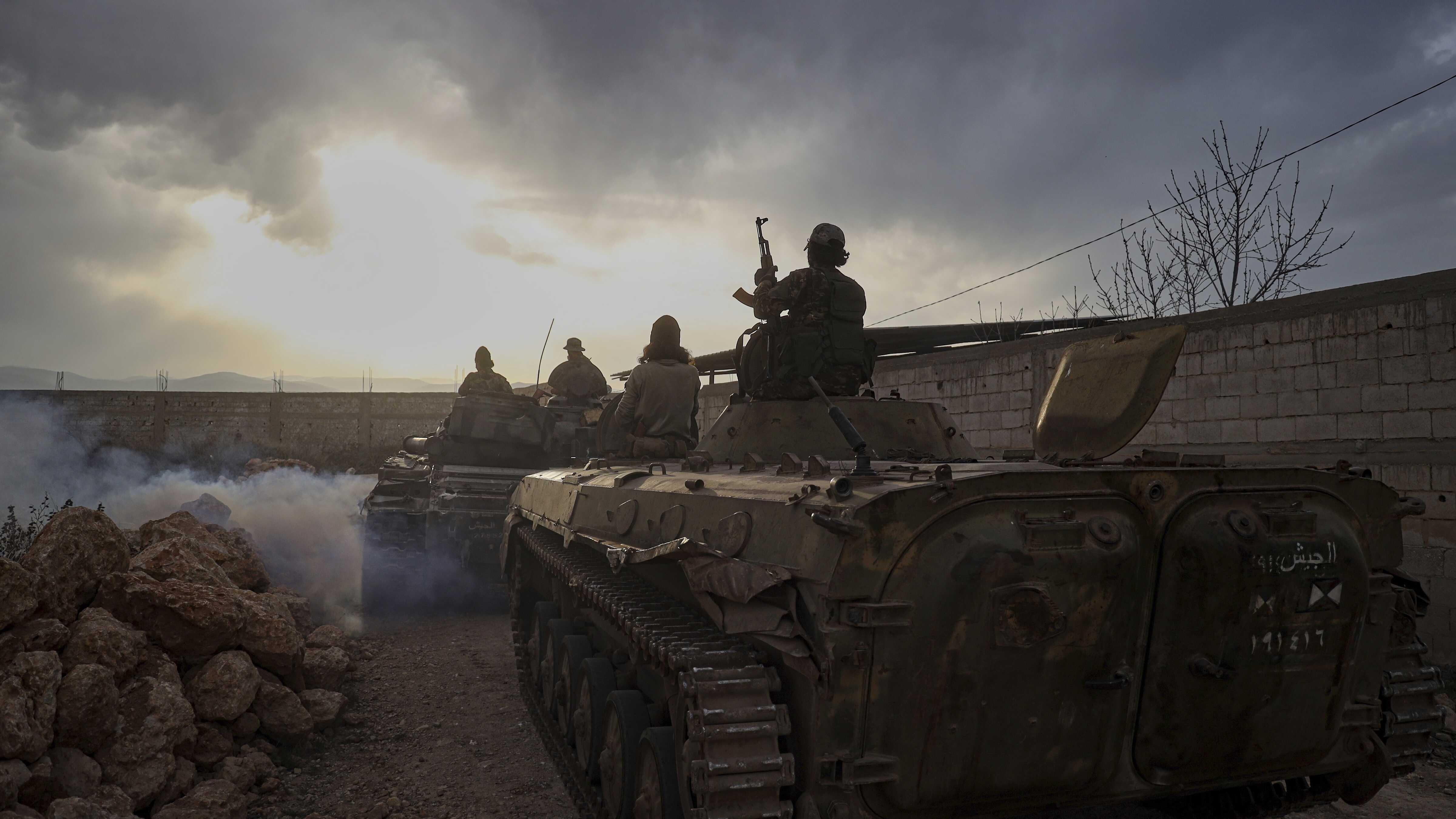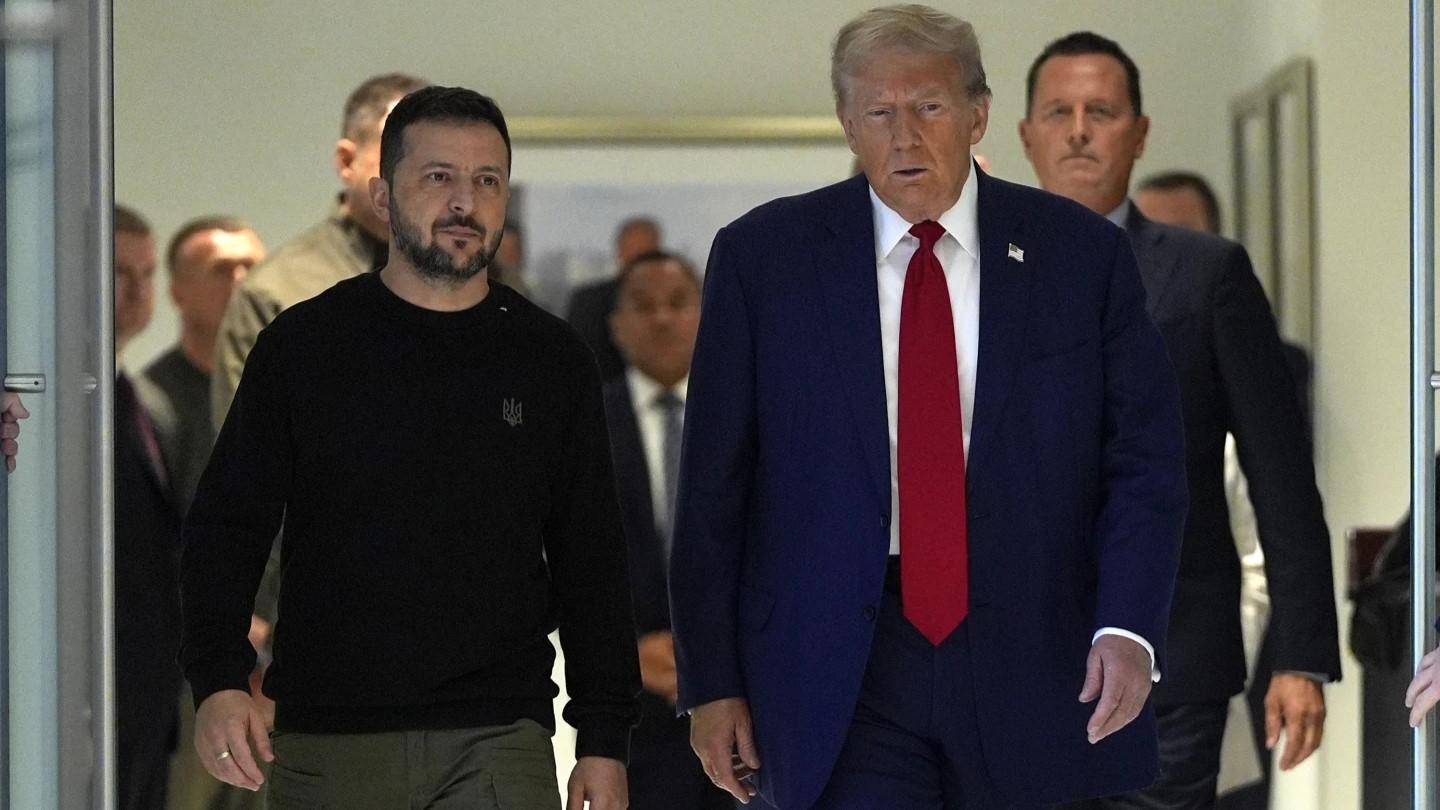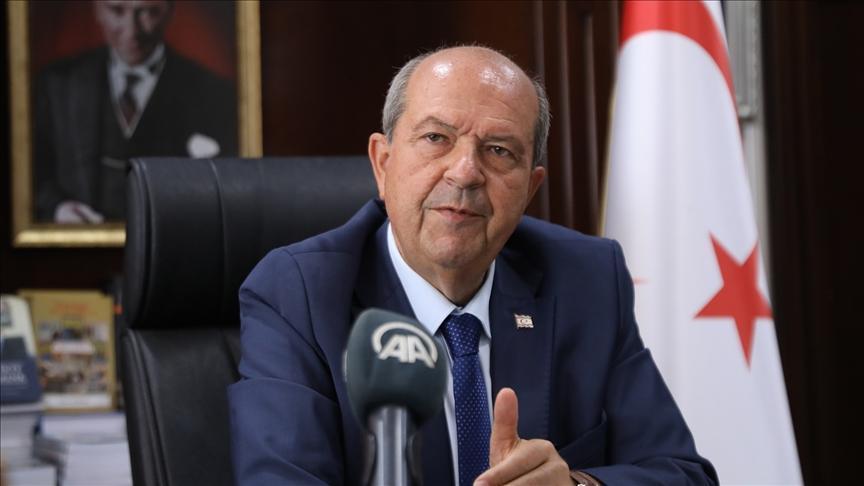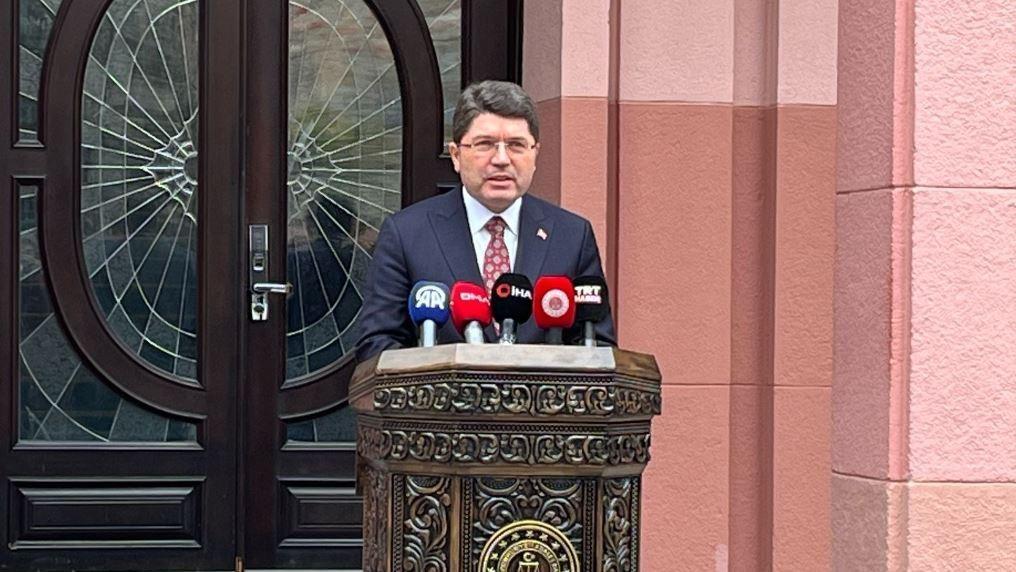ISIL and Turkey’s PKK quandary
The emergence of the Islamic State of Iraq and the Levant (ISIL) has left Turkey facing a series of quandaries. One of these is related to the fact that when faced with ugly choices, the usual thing to do is to opt for the lesser evil.
Ankara did this in Syria when it supported radical Islamist groups that use terror tactics, most notably the al-Nusra Front, as the lesser of evils when compared to Bashar al-Assad.
No doubt it would have seen ISIL in the same light if this group had not started to fight with al-Nusra and other rival Islamist groups, thus providing al-Assad advantages on the battlefield. Foreign Minister Ahmet Davutoğlu, who is now prime minister, even declared ISIL a secret al-Assad ally at the time.
The Justice and Development Party (AKP) government is nevertheless under the international spotlight today for allegedly having been soft on ISIL and even helping it. This is enough to show how events unfold in strange ways in this part of the world.
The manner in which the Kurdistan Workers’ Party (PKK) is gaining legitimacy in Western eyes is another example of how events unfold in strange ways in this part of the world. Press reports and commentary in the western media show that the PKK is beginning to be seen as a useful force against ISIL, even though it is still listed as a terrorist organization by the U.S. and various European countries.
It appears that the PKK is the lesser evil for many in the U.S. and Europe today when compared to ISIL. Turkey, therefore, appears to be also rowing against the tide when it expresses concerns that arms supplied by the west to forces in Iraq and Syria to fight ISIL may fall into PKK hands.
The PKK has, of course, proved its worth in western eyes by already fighting ISIL in northern Iraq and protecting Yazidi Kurds from this group’s brutality. It will be hard for Ankara in the face of such developments to continue demonizing the PKK in the west.
President Recep Tayyip Erdoğan and Prime Minister Davutoğlu’s dilemma, however, is that the PKK continues to be a demon in Turkish eyes, and especially for the military. But the government does not have many choices.
The only rational option is to speed up its reconciliation process with the Kurds and to factor in some kind of arrangement with the PKK as an inevitable dimension of this process. Erdoğan and Davutoğlu have underlined their continuing commitment to what has come to be known as the “Kurdish opening.”
Those at the other end of the table in this opening, however, keep putting forward demands which include a new approach to the PKK and its leader, Abdullah Öcalan, who may be serving a life sentence on Imralı island prison, but who is the main interlocutor in the Kurdish opening.
Turkey is not leading events in the Middle East today, as it once hoped to, but is being led by them instead. Unless the government can show the kind of leadership Tony Blair did in the U.K. 1997-98 on Northern Ireland, and the IRA problem, it is going to be led by events with regard to the PKK also.
Erdoğan and Davutoğlu boast about the fact that the AKP has not lost an election yet. They also say they have a strong mandate from the people. If they truly believe this, they should arrive at some bold decisions before developments force them into decisions they are reluctant to make today.
History never works linearly. Current requirements often end up having little to do with past fights, even if sentiments relating to past enmities continue. As for the world, it is still a place where events force the lesser of evils on not just individuals, but also on countries.











